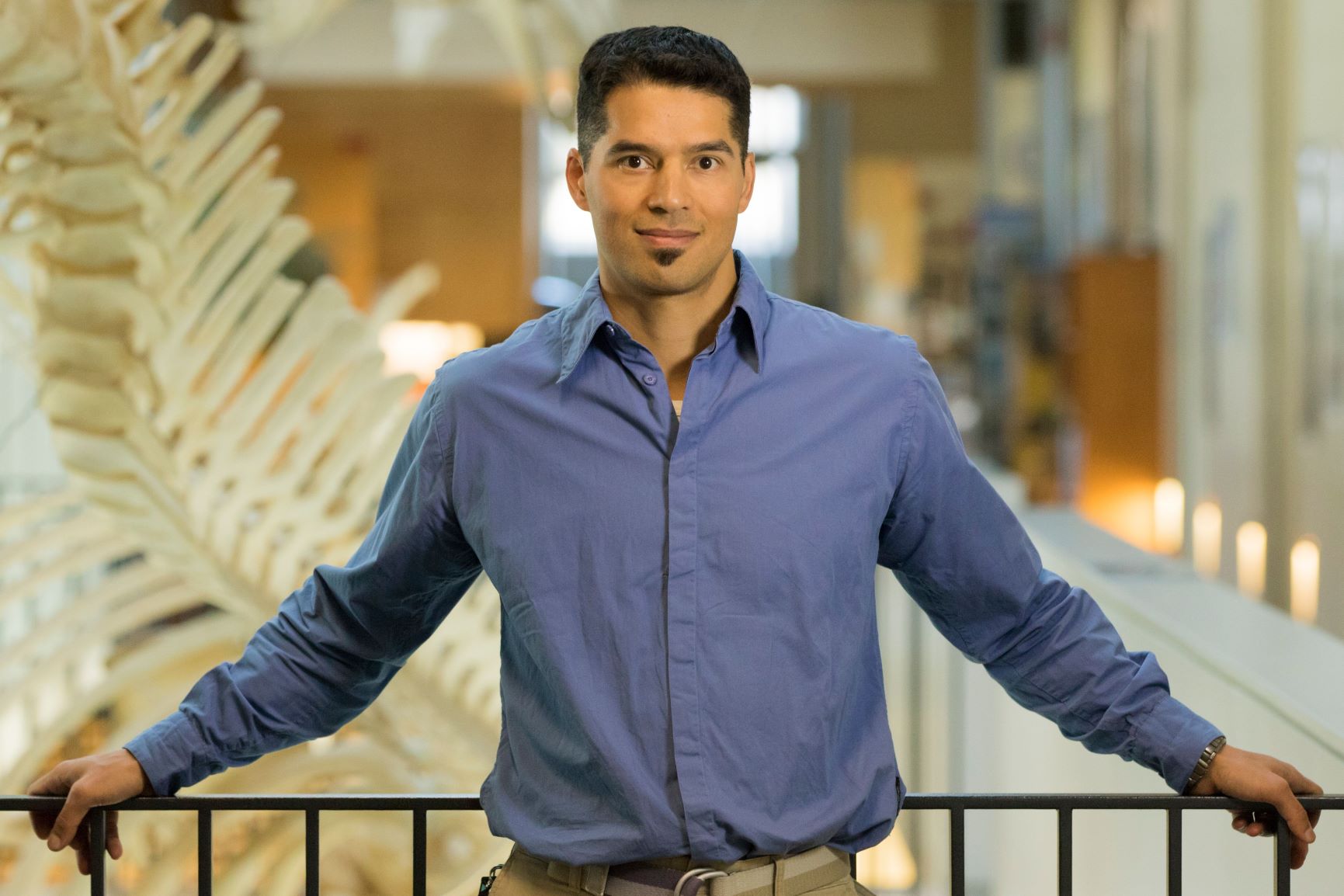Bringing in the Unusual Suspects: relational Values in Programs for Sustainability
December 6, 2018
Kai Chan
Conservation has long relied upon a committed core of constituents, especially left-leaning educated white urbanites. Perhaps unsurprisingly, the values espoused by the conservation movement have historically been similarly narrow (intrinsic values associated with wilderness). In this talk, I’ll argue that even the move to embrace instrumental values via ecosystem services appeals more narrowly than often assumed. Relational values—as preferences, principles and virtues about human relationships involving nature—offer a new framing for including people of diverse perspectives and ethnicities. I will put relational values in context, philosophically and socially, present some new findings that suggest that they may appeal to more diverse audiences than typical conservation framings, and propose some new approaches to bring in these unusual suspects for conservation.
Bio
Before UBC, I was a postdoctoral fellow with Gretchen Daily and Paul Ehrlich at the Center for Conservation Biology (CCB) at Stanford University. My research there had two major components: countryside biogeography (the study of biodiversity in human-dominated landscapes) and conservation planning/finance (the design of conservation tools). I was a Ph.D. student under Simon Levin at Princeton University, where I studied the process of diversification, and collaborated with Brian Moore. I was also a policy fellow, and did ethics research with Peter Singer. In 2012, I was the Fulbright Canada Visiting Research Chair at the University of California, Santa Barbara, hosted at the Bren School of Environmental Science & Management by Steve Gaines and Ben Halpern.
